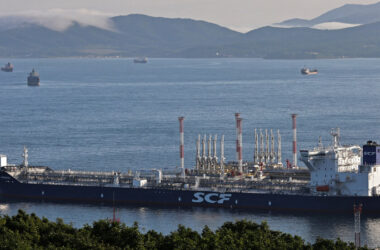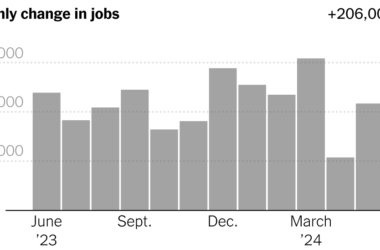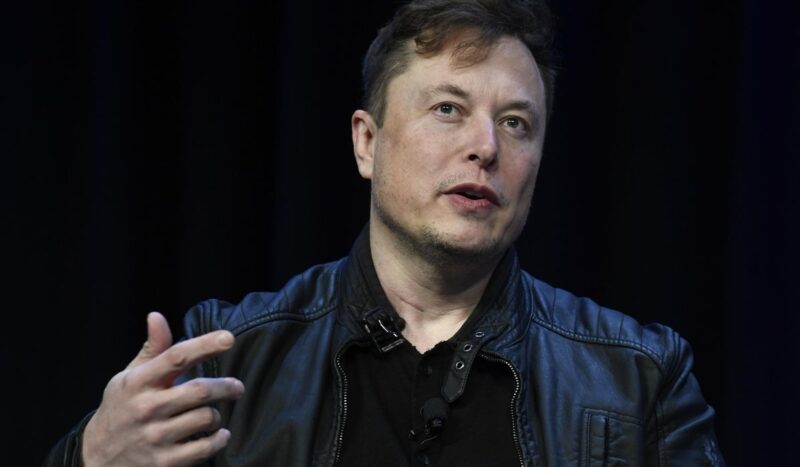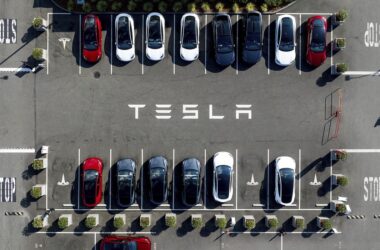NATIONAL HARBOR, Md. — The refusal of SpaceX founder Elon Musk to allow Ukraine to use Starlink internet services to launch a surprise attack on Russian forces in Crimea last September has raised questions about the need for clearer language in future contracts between the U.S. military and commercial vendors. Air Force Secretary Frank Kendall stated on Monday that the military needs to ensure that services or products purchased can be used in war.
In a new biography of Musk published by The Washington Post, it was revealed that the Ukrainians had requested Starlink support to attack Russian naval vessels at the Crimean port of Sevastopol. Musk refused, fearing that Russia would respond with a nuclear attack. Russia annexed Crimea from Ukraine in 2014 and considers it part of its territory.
At the time of the Crimea request, Musk was not under a military contract, but he had been providing free terminals to Ukraine in response to Russia’s invasion in February 2022. Since then, the U.S. military has officially contracted with Starlink for continued support, although the terms and cost of the contract have not been disclosed for security reasons.
The uncertainty surrounding the potential refusal of services by commercial vendors during a future conflict has led military planners to reconsider the explicit terms of future agreements. Kendall expressed the need for assurances that commercial systems will be available if they are relied upon for operational use in wartime.
SpaceX also holds a contract with the Air Force’s Air Mobility Command to develop a rocket ship for quickly transporting military cargo into conflict zones or disaster areas, which could reduce reliance on slower aircraft and ships. Speaking on this issue, Gen. Mike Minihan, head of Air Mobility Command, emphasized the need for industry to be aware of the full spectrum of possible uses of their technologies.
As U.S. military investment in space has increased, concerns have arisen regarding indemnification of commercial vendors in case of launch failures and the military’s responsibility to defend their assets, such as satellites and ground stations, if they are providing military support in a conflict.
Musk’s refusal in Ukraine has brought attention to the need for explicit language in agreements stating that firms providing military support must agree to their support being used in combat. Andrew Hunter, assistant secretary of the Air Force for acquisition, technology, and logistics, emphasized that the expectation is for technology and services acquired by the Air Force to be used for military purposes, including support for combat operations when necessary.







